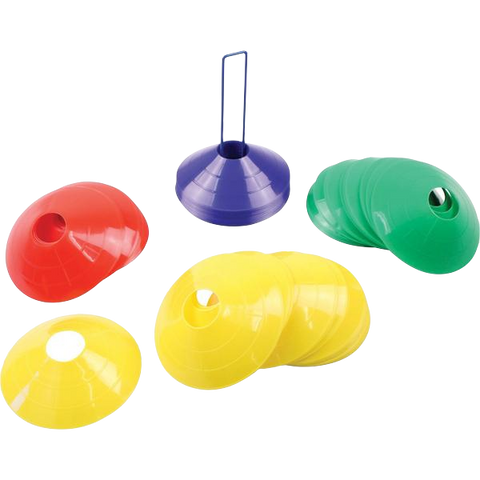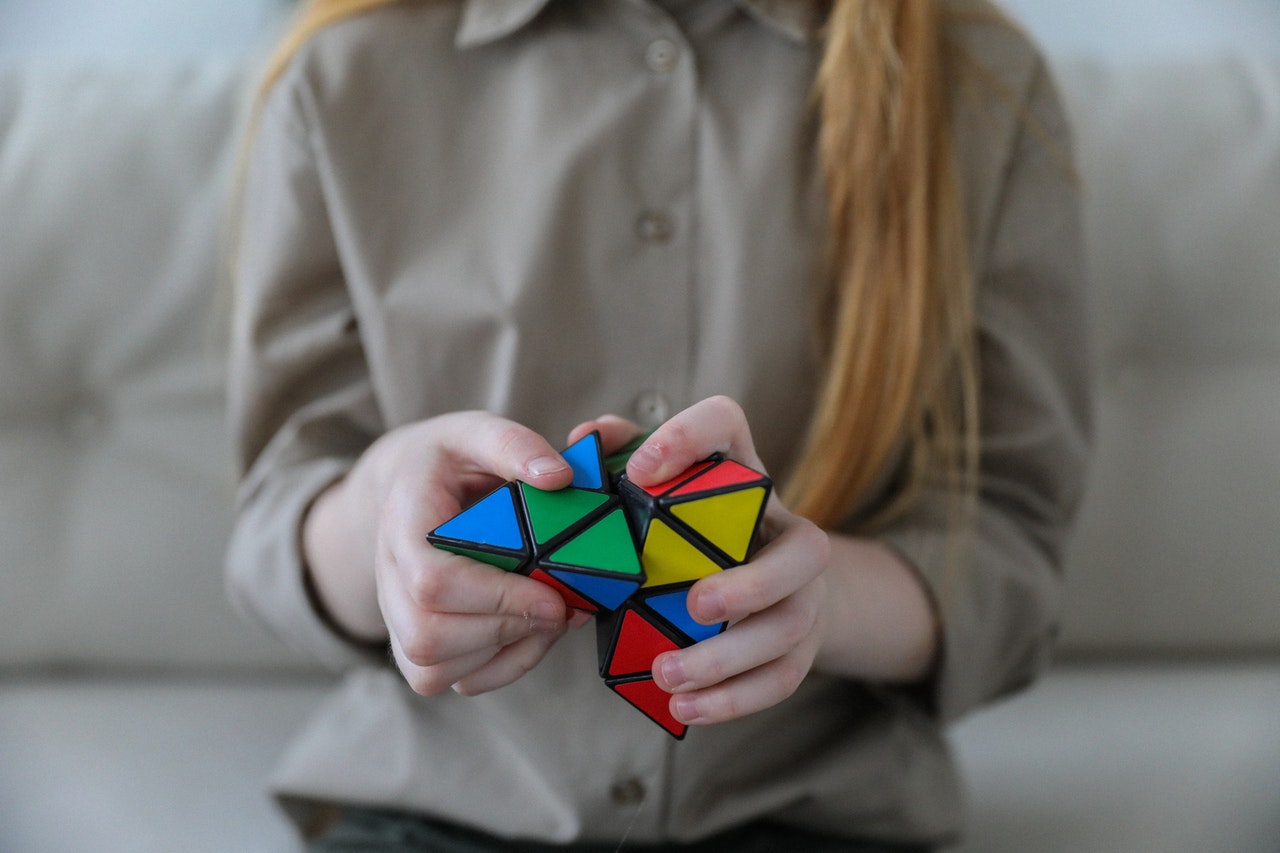Effective teaching takes many forms, particularly when children are young and need to learn how to concentrate at absorb information in an education setting. Teachers will employ a multitude of different teaching techniques to help students grasp concepts and apply their learnings. Applied learning is in fact one of the best ways to cement information and this is why playing educational games is so important for children in both preschool and primary school.
Games motivate children to participate and take on responsibilities in certain tasks. They also push children to use information and apply it to solve problems. Here is a list of educational games and activities for preschool age, and primary school age children.
Preschool Educational Activities and Games
In preschool children are at ages three to four. During this time, developing motor skills, coordination, pattern comprehension, basic problem solving, communication, and other skills will prepare them for primary school. These fundamental skills form the basis of education and play in preschool.
Parachute games
Using a parachute during games with preschool children teaches them how to work together, and forces them to be wary of their surroundings and movements. Placing a ball in the centre of the parachute, ask all the children to hold on to the outer edge and see if they can move the ball in a certain direction, or even launch it into the air. We stock Gonge Parachutes in various sizes with eight to 16 handles.

Musical Chairs
Musical chairs can cause an argument or two, but it’s how children resolve these fights and learn to share, and put winning and losing into perspective that helps them to grow. Put the classroom chairs, minus one, in the centre of the room in a line with chairs facing out on both sides, and play some music. Have the children walk around the outside and when the music stops everyone must try to grab a chair. The person still standing after each round is out, and a chair is removed too. The winner is the last person standing.
Children will be dealing with a lot of frustration in this game (either from having to sit out or from losing a chair they thought was theirs). Help them to overcome their feelings by encouraging them to be gracious even when losing, and to use their words when figuring out who won a chair.
If you need to stock classrooms with chairs, you can find cost-effective school furniture here.

Education.com
On this website, teachers can find interactive computer games tailored to preschool-age children which can be played together using an interactive whiteboard, or individually on the computer. Topics covered through these games include counting, spot the difference, spotting patterns, and sorting shapes. This type of interactive virtual game not only gets children thinking logically but helps them grow accustomed to looking at information on a whiteboard or on a computer screen.
Hopscotch
Balance and coordination are important skills that need to be practised and refined in preschool. These will help little ones as they take on more mature tasks in primary school. Hopscotch is also a great game for practising planning, as the children have to figure out how they will approach their turn in order to not hop on the square with the stone on it.
When you draw hopscotch on the ground be sure that each square is large enough to hop into and that they don’t require too big a jump. You should also include a ‘rest’ zone with two squares together so that the player can put both feet down for a moment. Chalk is the best thing to use to draw hopscotch in school playgrounds, as it can be easily washed away with water or the rain.

BBC Preschool Games
The BBC website is an excellent resource for games, activities and lesson plans for all ages. Here, teachers can find educational games and activities for children in preschool. Games can be played on a computer or together on an interactive whiteboard. Each game will call on children to practice a set of basic skills like identifying patterns or practising a rhyme.
Primary School Educational Activities and Games
Primary school children are ages five to 11. This is an age where children take on more complex concepts and begin to learn subjects like numeracy, literacy, science, history, geography and so on. Creative tasks call for more precise control over fine motor skills. Primary school activities should reflect these requirements and educational games should be used to encourage children to put their new skills and knowledge into practice.
Capture the Flag
Capture the flag is an active game that promotes teamwork and strategy. Players will need to work together to win. If you need to expel a bit of energy during playtime or at the end of the school year, or you’re looking for a fun game to play during PE, this is it.
Divide the students into two or four teams and equally divide the playing area using space makers. You’ll also need a flag for each team attached to a stick which can be stuck in the ground in each territory. The objective of the game is to capture the flags of the other teams. See the full instructions on the Very Well Family website.

Storytelling
Get your students’ imaginations flowing and help them to practice memory retention with this team storytelling game. Have the students sit in a circle (this is a great idea circle time activity or primary school morning activity) and start the story with one line. You could start with a simple ‘Once upon a time there was an angry goose’, for example. The next student in the circle needs to add a line to the story, and so on. If you’re struggling for prompts to get the story moving, try our Story Spinners.

An alternative to this game involves remembering a list of items. You start off by saying ‘I went to the shops and bought a…’, which each child reciting the list and adding a new item. The game continues until someone can’t recite the full list of items.
Bitesize Primary Games
Fun interactive computer games tailored to primary school children in the UK curriculum can be found on the BBC Bitesize website. These games can be played together as a team or on computers individually or in pairs. These computer games are also a good way to keep students calm, quiet, and engaged during library time.
Follow animations that play out different scenarios which call on the students to use knowledge from their lessons in various subjects, like ‘Guardians: Defenders of Mathematica’, and ‘Food Chain Challenge’. Each game specified the appropriate year and subject for use.
Comprehension Board Games
Comprehension board games level 1 and level 2 teach basic comprehension skills aimed at primary school children of ages seven to nine. Each pack contains six boards that take children on a journey through different comprehension concepts, including context, fact and opinion, cause and effect, main idea, sequencing, and vocabulary. The six boards can be shared out each to a table in the classroom for children to play in groups and swapped around once each group have completed their game.

Healthy Living Board Game
In primary school children are going to start learning about how to be a functioning member of society and how to take care of themselves and others. The Healthy Living board game provides lots of opportunities for children to think of how they would behave in certain situations and solidify important information in their day to day lives.
This pack consist of six boards that can be played in groups in the classroom. The topics covered include household hazards, germs, road safety, healthy eating and cyber safety.





